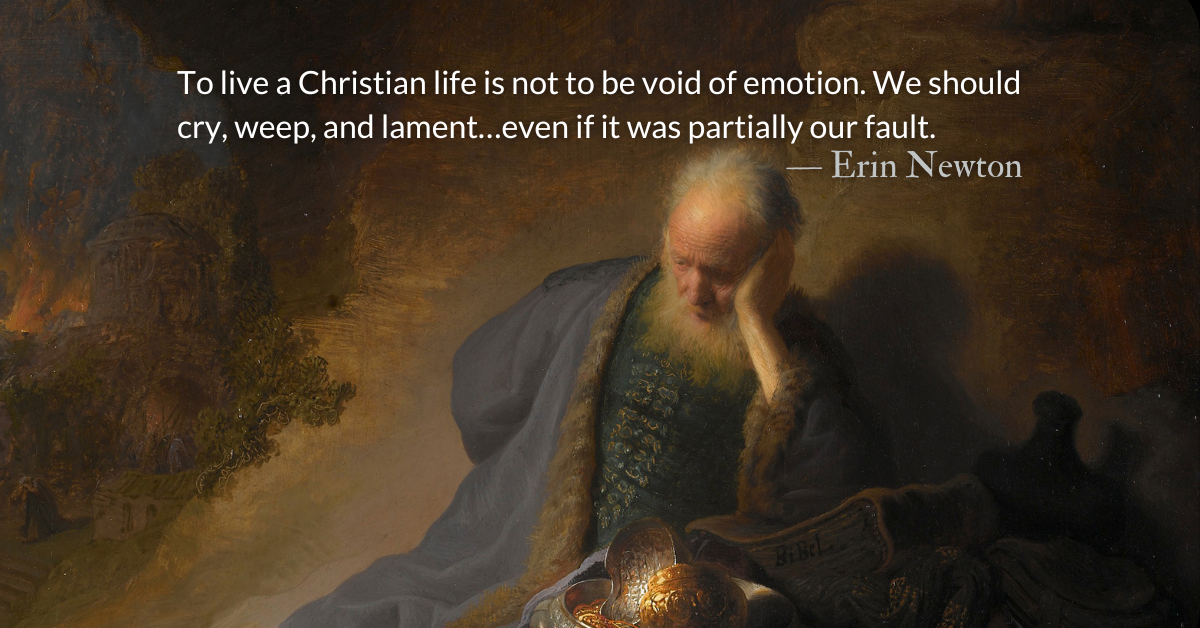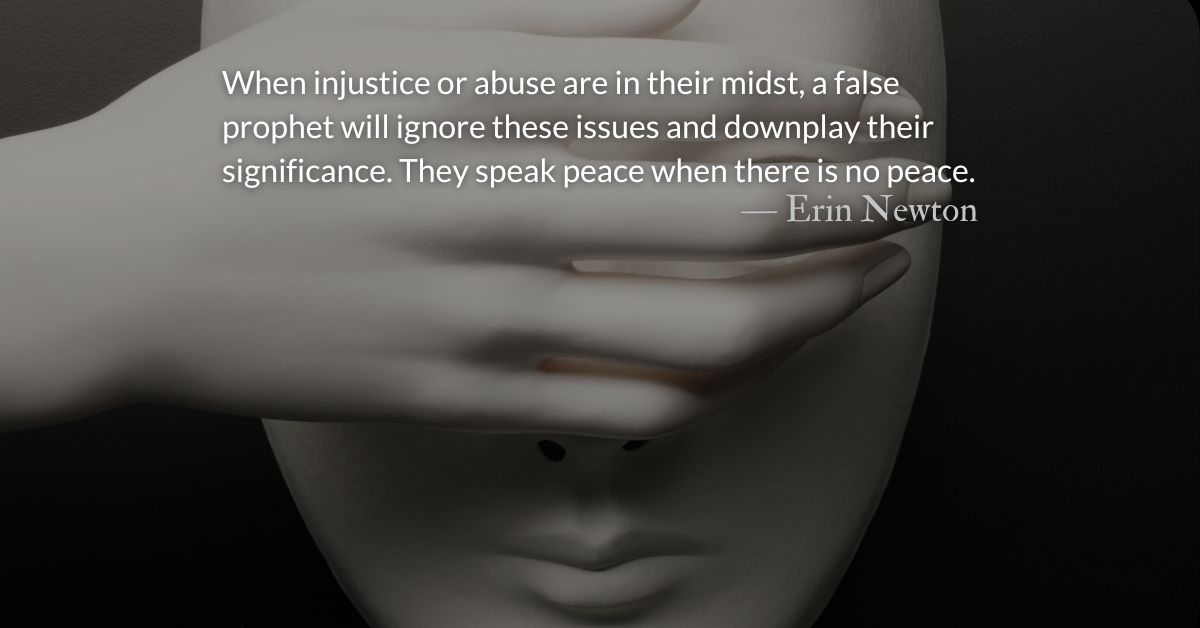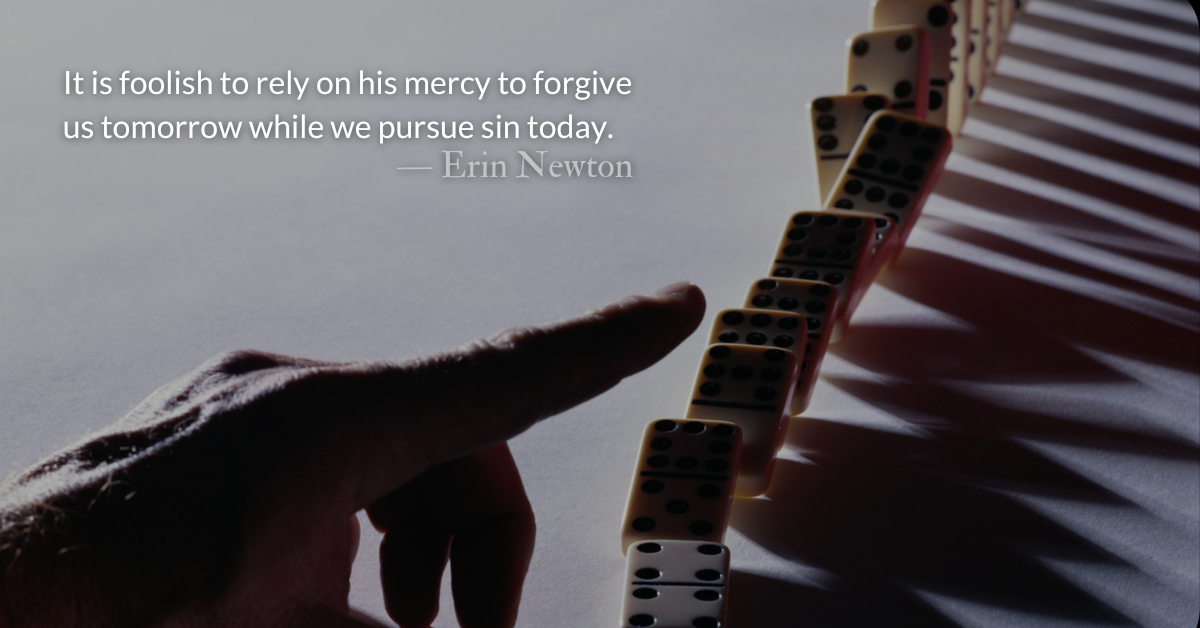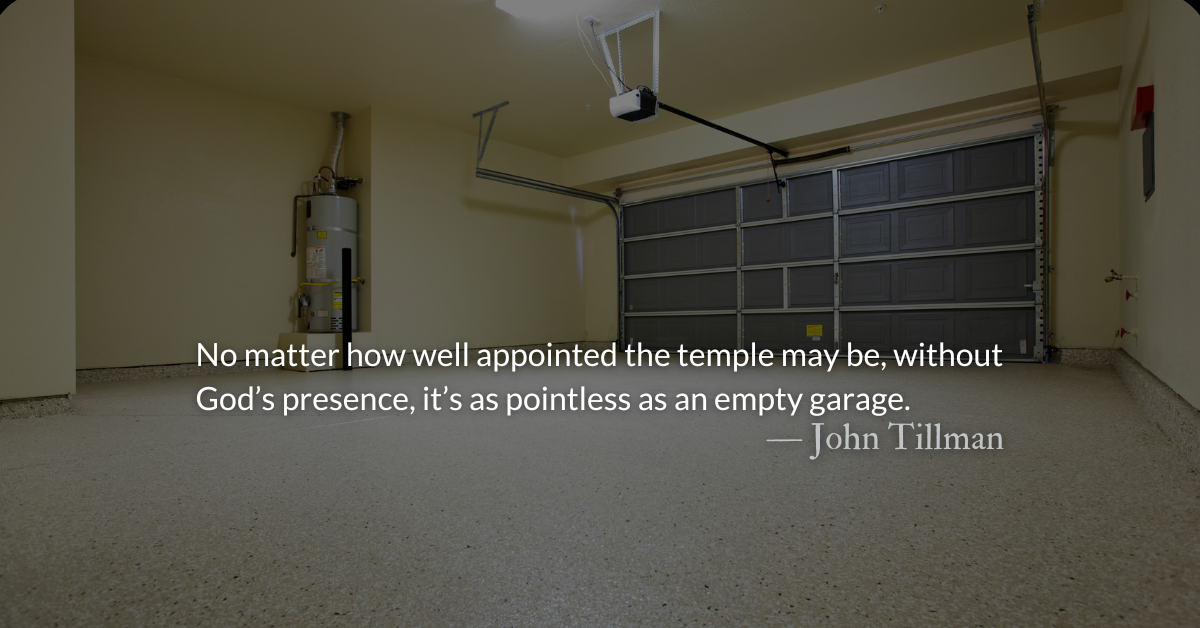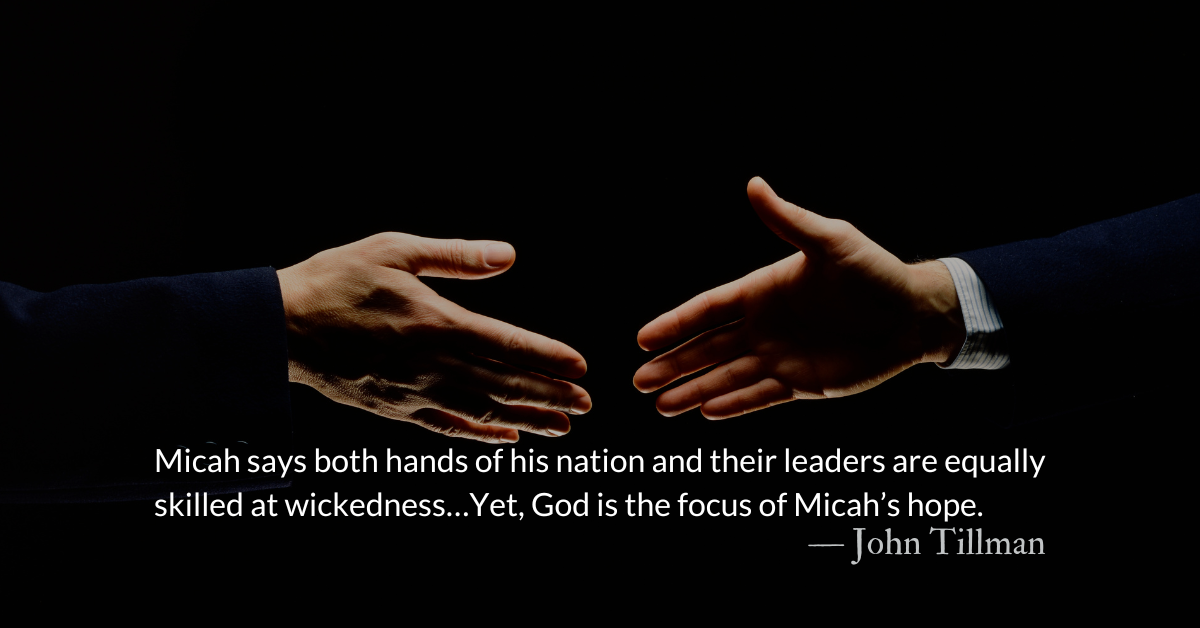Scripture Focus: Ezekiel 20:32-33, 37
32 “‘You say, “We want to be like the nations, like the peoples of the world, who serve wood and stone.” But what you have in mind will never happen. 33 As surely as I live, declares the Sovereign Lord, I will reign over you with a mighty hand and an outstretched arm and with outpoured wrath…
37 I will take note of you as you pass under my rod, and I will bring you into the bond of the covenant.
Reflection: For Better or For Worse
By Erin Newton
Israel was bound to God and God to them in covenant. It was a relationship in which God is glorified and the people receive his blessing. It was bound by the immutable word of God himself.
Despite the infidelity of Israel, her idolatry and oppression of the weak, God never released them from that covenant. They chose other gods to worship and corrupted the whole concept of monotheism. Yet through it all, nothing could separate them from God.
In Ezekiel 20, God reminds the people of this bond. The people have openly rejected him and declared their intention to worship something else. They want to punt the faith. “What you have in mind will never happen.”
Can you reject God and flee from his presence? In our minds we think it’s possible. Psalm 139:7-10 echoes the impossibility of departing from God.
7 Where can I go from your Spirit?
Where can I flee from your presence?
8 If I go up to the heavens, you are there;
if I make my bed in the depths, you are there.
9 If I rise on the wings of the dawn,
if I settle on the far side of the sea,
10 even there your hand will guide me,
your right hand will hold me fast.
Like Israel, we have been covenanted with God. It is the new covenant, sealed by the Spirit, sealed upon our hearts. There is much talk about deconstruction with some defining the term as the rejection of the faith entirely. Yet we see in Ezekiel that when God has given himself in a covenant, it is unmovable.
For Israel, the people needed to deconstruct the way they had been practicing religion. Their so-called worship of God was corrupt and manipulated. Priests and leaders had allowed faith to turn into idolatry.
Israel wanted to move on to some other form of worship not realizing their God had been with them all along. Return to him. That is the message for Israel. God would say the same to us today.
Is our deconstruction leading us to different idols or are we searching for true, undefiled worship? Can we see how God will be with us in our wandering? Through pain, the Israelites will return to the Lord. Refining our faith can be painful. This is a call for us to examine what exactly we are trying to reject.
Divine Hours Prayer: The Cry of the Church
In the evening, in the morning, and at noonday, I will complain and lament, and he will hear my voice. — Psalm 55.18
– From The Divine Hours: Prayers for Summertime by Phyllis Tickle.
Today’s Readings
Ezekiel 20(Listen 9:25)
Colossians 3(Listen 3:09)
Read more about Denying Our Exile
Israel thought it was God’s nation…They confronted anyone who questioned their narrative as unpatriotic.
Read more about Presence is Precious
The presence of God is a gift of grace made available to those who seek it, recognizing it as the precious thing that it is.


